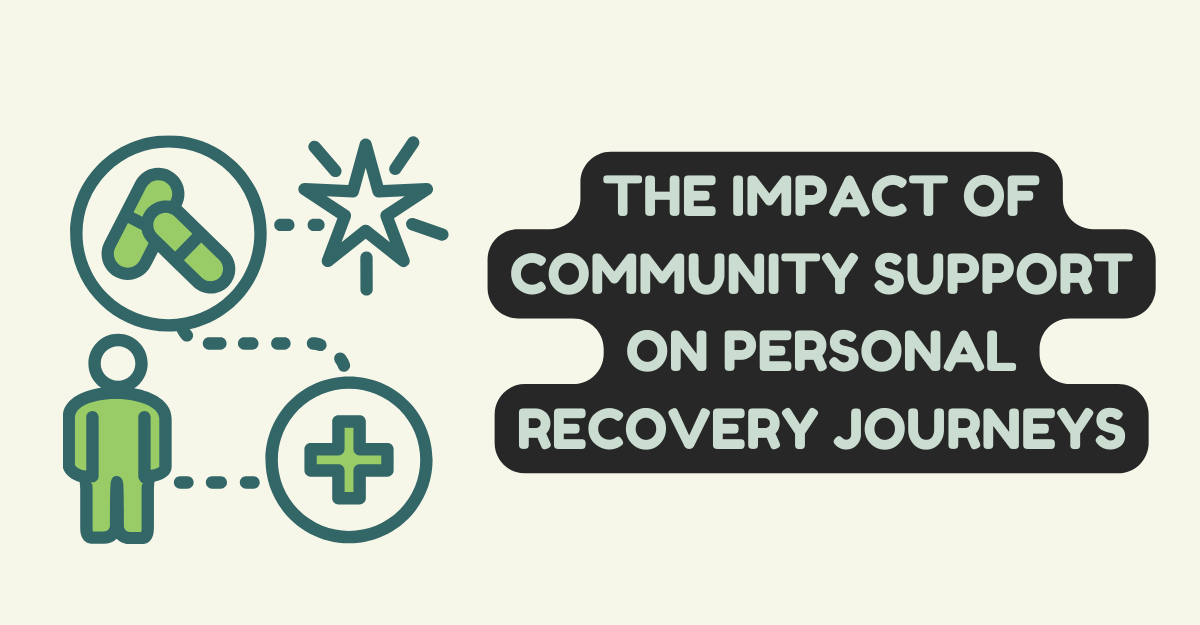
- Community support is a cornerstone in aiding personal recovery from addiction.
- The psychological benefits of attending support meetings are multi-faceted and critical to the healing process.
- Aligning professional therapy with the solidarity of community support can significantly enhance recovery outcomes.
- Digital and technological advancements are shaping the future of support groups, offering new avenues for assistance.
- Acknowledgment of recovery milestones is crucial for motivation and affirmation of progress.
Introduction to Personal Recovery and Community Support
Recovery from addiction is a challenging and isolating journey. A supportive community provides a network of understanding individuals who can share experiences and empower each other. Meetings like AA Meetings Las Vegas offer a safe space for individuals to share their journeys without judgment or expectation. These meetings provide guidance, support, and direction through the stormy seas of addiction recovery. Participants gain insights from peers and successful individuals, building bonds crucial to recovery.
The Psychological Benefits of Attending Support Meetings
Attending support meetings like AA Meetings Las Vegas is a process of sharing and listening and a therapeutic exercise that provides numerous psychological benefits. These gatherings allow participants to express their emotions and vulnerabilities without fearing rejection. A support group is a microcosm of a caring society, where successes are celebrated, setbacks are empathized with, and individual stories become powerful narratives of encouragement and hope.
The communal environment of support groups instills a sense of accountability and belonging. By sharing their stories and progress, individuals are validated and acknowledged, fostering resilience and self-esteem. The realization that one is not alone in their struggles serves as a powerful antidote to the isolation that often accompanies addiction. Through recognizing shared challenges and collective strength, members find the courage to continue their recovery efforts.
How Community Support Complements Professional Therapy
Professional therapy is a significant step in recovery. Counselors help identify addiction’s root causes and develop strategies to address them. Community support groups offer continued growth and application of therapy principles. This fusion of clinical expertise and support fosters an environment that champions complete healing. A dual therapy and group support approach produces robust and sustainable recovery outcomes. Through structured guidance and peer empathy, individuals find a supportive framework for their journey towards sobriety.
Personal Stories of Transformation Through Community Support
Stories of transformation hold a special place in the heart of support groups. Each story is a unique narrative filled with challenges, breakthroughs, and milestones that provide invaluable insights and inspiration to fellow members. Through sharing, individuals recount their struggles, strategies, and coping mechanisms, contributing to the group’s collective wisdom. These personal accounts serve as both a testimonial to the hardship endured and a beacon of hope for what can be accomplished through dedication and the support of a compassionate community.
The Role of Family and Friends in the Recovery Process
Family and friends’ involvement and understanding can support addiction recovery. Their support can range from group meetings to daily acknowledgments. Close relationships can boost morale and create a healing environment.
Looking Forward: The Continuous Journey of Recovery
Recovery from addiction is a continuous journey that involves learning, growing, and transforming. Support groups act as waypoints and markers, guiding individuals toward a future of freedom and personal choice. By embracing this journey and using available resources, individuals can navigate their paths confidently with the support of a community that understands the significance of every step.
Conclusion: The Collective Strength of Shared Purpose
In closing, the collective strength and shared purpose inherent in support groups provide an indispensable resource for those on the path to recovery. These groups’ mutual understanding and encouragement foster a nurturing environment essential for healing and personal growth. Their impact can reverberate well beyond individual successes, shaping a compassionate community ready to lift each member. The journey of recovery, with all its trials and triumphs, is a testament to the indomitable human spirit and the profound resilience that comes from the simple act of people supporting each other.